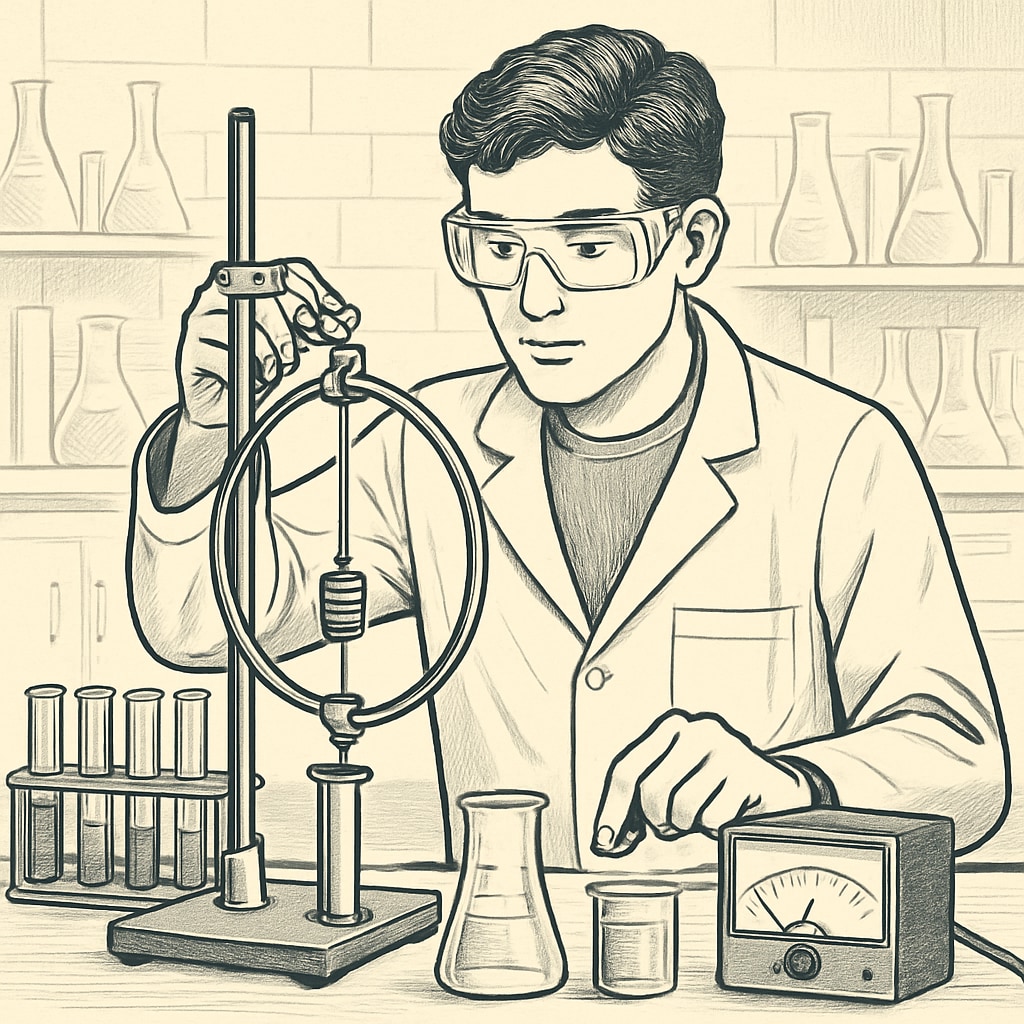Making decisions about college majors can be daunting for high school students, especially if they have not yet defined their career interests. For those with a passion for math and science, the challenge often lies in narrowing down the multitude of options that align with their skills and curiosity. In this article, we explore how students can approach professional choices thoughtfully, providing actionable tips to guide their decision-making process while navigating the complexities of the college application journey.

Understanding Your Interests and Skills
For students fascinated by mathematics and the sciences, it’s essential to first identify where their greatest enthusiasm lies. Do they enjoy solving complex problems, conducting experiments, or understanding abstract theories? Breaking down such preferences can help narrow the scope of potential college majors. For example, someone who enjoys abstract problem-solving may lean towards mathematics or theoretical physics, whereas someone who enjoys hands-on experimentation might consider chemistry or biology.
Additionally, students must consider their strengths. If they excel at logical reasoning and quantitative analysis, fields such as engineering, computer science, or economics might be worth exploring. On the other hand, those with a knack for observation or technical experimentation might thrive in environmental sciences or biomedical research.
Exploring Career Possibilities
While students may not have a clear idea of their long-term career goals, exploring potential career paths associated with math and science can provide valuable insights. Some popular options include:
- Engineering: Whether mechanical, civil, or software-based, engineering fields offer tangible applications of mathematical and scientific principles.
- Data Science: A rapidly growing field that utilizes mathematics, statistics, and computer programming to analyze data and generate insights.
- Healthcare and Medicine: Students interested in biology and chemistry might consider majors that lead to careers in medical research, pharmacy, or patient care.
- Environmental Science: For those passionate about sustainability and the natural world, this field applies scientific knowledge to address ecological challenges.
- Physics and Astronomy: These fields are ideal for students with a deep curiosity about the universe and a desire to explore fundamental scientific concepts.
Students can also research interdisciplinary fields, such as bioinformatics (a combination of biology and computer science) or financial engineering (a mix of mathematics and economics).

Taking Advantage of Resources
High school students can make better-informed decisions by leveraging available resources. For example:
- College Websites: Many universities provide detailed descriptions of their academic programs. Students should review course requirements and career outcomes to assess their fit for specific majors. Explore examples like Engineering on Wikipedia or Mathematics on Britannica.
- Career Counseling: Schools often offer counseling services that include aptitude tests and career exploration tools. These can help clarify a student’s strengths and interests.
- Internships and Shadowing: Gaining hands-on experience in math- and science-related fields can provide clarity about whether a particular career path is appealing.
- Online Courses: Platforms like Coursera or Khan Academy offer introductory courses in subjects such as programming, physics, or environmental science, helping students gain exposure to topics they might pursue in college.
Making a Decision Without Pressure
Students often feel immense pressure to choose “the perfect major,” but it’s important to remember that college is also a time for exploration. Many universities allow students to declare a major after their first or second year, giving them time to take introductory courses and discover their true passions. For those who remain undecided, broad majors such as general engineering, liberal arts with a focus on science, or undeclared programs can offer flexibility and breadth.
Ultimately, the process of choosing a college major should focus on aligning one’s interests and strengths with academic opportunities. By staying open-minded and leveraging available resources, students with a passion for math and science can set themselves up for success, even without a concrete career plan.
Readability guidance: Use concise and clear paragraphs, include lists to summarize key points, and integrate smooth transitions to maintain flow. The article prioritizes actionable advice and avoids technical jargon that may overwhelm readers.


